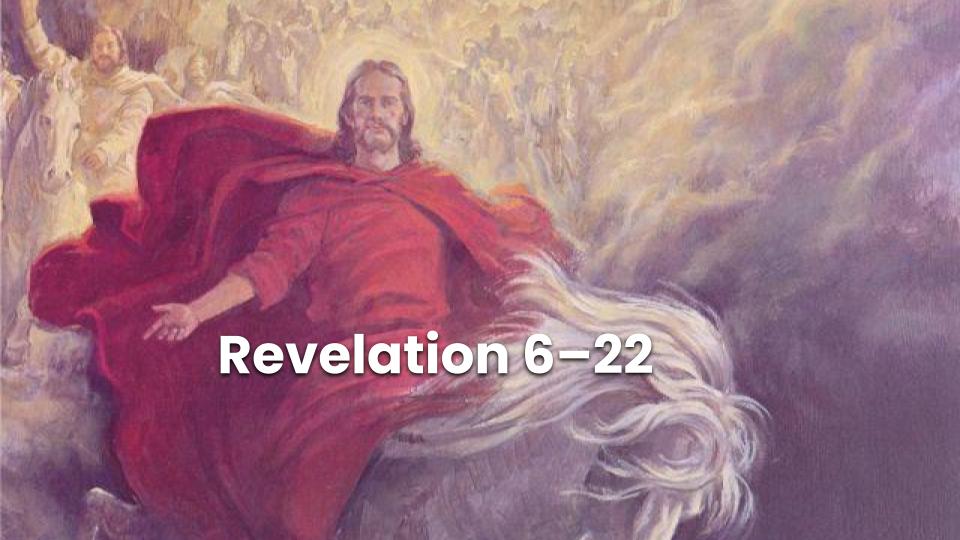One challenge we may all be prone to is to be critical of people who do things that we perceive to be inappropriate. Sometimes this challenge is accentuated in the church, as illustrated by an experience I had as a missionary. It was a Sunday and I had been assigned to give a talk that day. A brand new convert named Brian was planning to bring his wife and children to church for the first time. I was so excited they were going to come on the day when I was speaking.
I remember sitting on the stand waiting for Brian to come; I was nervous because the meeting had started and Brian hadn’t arrived yet. The ward I was in at the time had a tradition in which they would shut all the doors to the chapel once the sacrament hymn began. Young men were assigned to stand by the door and make sure people would not enter the chapel during the Sacrament to retain a spirit of reverence during this sacred ordinance.
As bad luck would have it, Brian, his wife and three children came striding into the chapel just after the chapel doors had closed. From my vantage point on the stand, I saw Brian walk into the room –he looked so proud to be there. I knew it had taken a lot of effort for him to persuade his wife and children to come with him to church that day and could see on his face that he exuberantly was feeling, “We made it, we’re here!” I saw the happiness on his face. Then I watched one of the young men say to him, “You can’t be in here right now. You can’t come in.”
I know that what the young man meant to say was, “We typically don’t want people to come in during the sacrament,” but what Brian heard was, “You’re not welcome here.” He felt humiliated. So he turned, along with his wife and children, and walked straight out of the chapel.
I waited until after the sacrament, hoping he would come back. When he didn’t, I walked out of the chapel and got one of the other missionaries to drive with me to Brian’s house. Brian was humiliated and told me, “I’m never going back to that church.” He never did. It was because he did something that he technically wasn’t supposed to do, but was such a minor detail. Somebody had made a big deal about a minor issue and it caused a lot of hurt.
Unfortunately, this type of thing happens all too often. I remember another experience I had along these lines, also having to do with a recent convert. Her name was Angela. She and her family had been baptized and they had been coming to church for a few weeks. During a Relief Society meeting she was asked to read a verse out loud from the Bible. Angela did not have a King James Version of the Bible and so she read the verse using a different Bible translation. Right there in the meeting a woman publicly rebuked Angela for not using a King James Version of the Bible.
I know the King James Version is the approved English version of the Bible in the church, but Angela didn’t know that. When I saw her after church, she was crying and felt so discouraged. But to Angela’s credit she had the courage to keep going to church even after this difficult experience.
These two experiences have caused me to reflect on my own life and times I have been critical of other people for not doing things exactly the way that I would have them done. A powerful perspective to keep in mind when people are not doing things “exactly right” is found in the story of Hezekiah and the Passover he held in Jerusalem.
Although Hezekiah was the king of Judah, he wanted to celebrate the Passover with people from other tribes of Israel. He wrote to the Israelites who were dispersed throughout the northern and southern kingdoms, inviting them to come to Jerusalem for a special Passover. He said, “Yield yourselves unto the Lord, and enter into his sanctuary, which he hath sanctified for ever: and serve the Lord your God…for the Lord your God is gracious and merciful, and will not turn away his face from you, if ye return unto him” (2 Chronicles 30:8–9).
The Chronicler continues, “So the posts passed from city to city throughout the country of Ephraim and Manasseh even unto Zebulun…divers of Asher and Manasseh and of Zebulun humbled themselves, and came to Jerusalem” (2 Chronicles 30:10-11).
Thus faithful Israelites from various tribes gathered in Jerusalem for a special Passover. There were some logistical challenges with such a large feast. Specifically, the Chronicler states, “There were many in the congregation that were not sanctified: therefore the Levites had the charge of the killing of the passovers for every one that was not clean, to sanctify them unto the Lord” (2 Chronicles 30:17).
Killing the Passover lambs is one of many technical aspects of the Passover. And unfortunately, some of the tribes from outside of Judah were apparently unaware of all of the rules regarding proper Passover observance. We read that “A multitude of the people, even many of Ephraim, and Manasseh, Issachar, and Zebulun had not cleansed themselves, yet they did eat the passover otherwise than it was written” (2 Chronicles 30:18). In other words, these individuals made some protocol errors in partaking of the Passover.
As readers of the Old Testament, we might nervously think, “Uh oh. I know what’s going to happen next – if you mess with Passover, you’re probably about to get zapped.”
But that’s not what happened.
Instead, “Hezekiah prayed for them, saying, the good Lord pardon every one that prepareth his heart to seek God, the Lord God of his fathers, though he be not cleansed according to the purification of the sanctuary. And the Lord hearkened to Hezekiah, and healed the people” (2 Chronicles 30:18-19). Even though there had been some procedural errors, these people’s hearts were in the right place.
It’s as though Hezekiah said, “They’re trying to do the right thing, let’s overlook the bad, let’s look past some of these small mistakes and see the good.” When we’re working with people who don’t do things “just right” may we all remember and perhaps even repeat aloud Hezekiah’s generous phrase, “The good Lord pardon every one.”






